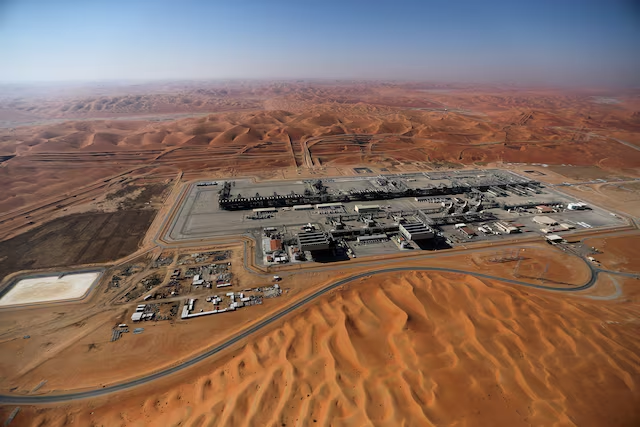Top oil exporter Saudi Arabia is considering a second consecutive month of price cuts for the crude grades it sells to Asia in August, according to trade sources. This potential reduction reflects the pressures faced by OPEC producers amid increasing non-OPEC supply and global economic challenges. Asia, which accounts for approximately 80% of Saudi’s oil exports, may see the official selling price (OSP) for flagship Arab Light crude fall by 60 to 80 cents per barrel from July, potentially reaching the lowest level since April, as indicated by a survey of four Asian refinery sources.
The respondents anticipate slightly deeper price cuts for heavier grades, such as Arab Medium and Arab Heavy, compared to Arab Light, due to improved supply from Mexico and Canada. Higher Saudi oil prices have led Chinese refiners to reduce imports from Saudi Arabia for a third consecutive month in July. The expected August price cuts align with a narrowing backwardation in Dubai’s monthly price spreads by 85 cents from May, indicating an easing of tight supply. Backwardation occurs when prompt prices are higher than future prices.
Global crude futures have been bolstered by OPEC+ production cuts and peak summer demand in the northern hemisphere, which is anticipated to create a supply deficit this quarter. However, analysts predict increased supply from non-OPEC producers in the Americas. The average margin at a complex refinery in Singapore, a key indicator for Asian refiners, stabilized at $3.62 per barrel over the past 15 days after two months of decline, according to LSEG data.
Saudi crude OSPs, typically released around the fifth of each month, set the trend for prices from other major exporters like Iran, Kuwait, and Iraq, affecting approximately 9 million barrels per day (bpd) of crude destined for Asia. State oil giant Saudi Aramco determines its crude prices based on customer recommendations and an assessment of the value change of its oil over the past month, considering yields and product prices.
These price adjustments are critical as they influence the broader market dynamics and the profitability of refining operations in Asia. As Saudi Arabia navigates these economic and geopolitical challenges, the adjustments in oil prices will be closely watched by industry stakeholders and analysts for their broader implications on the global energy market.
READ MORE:
